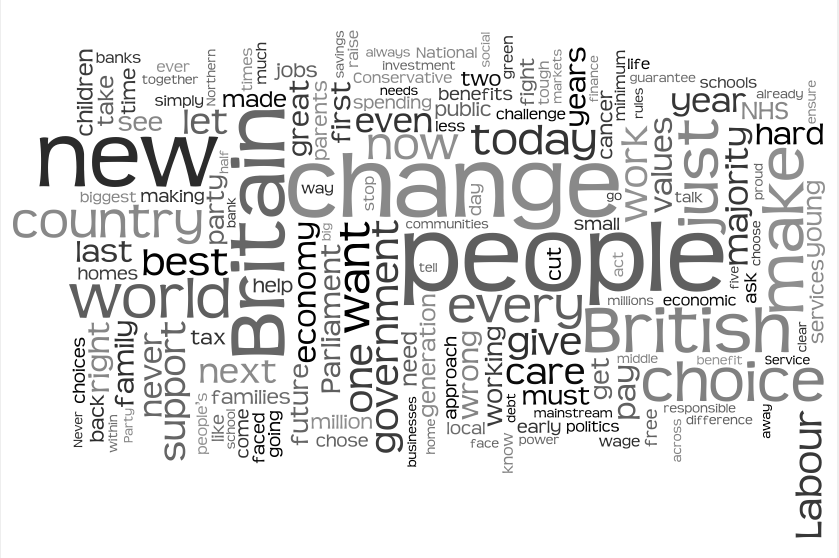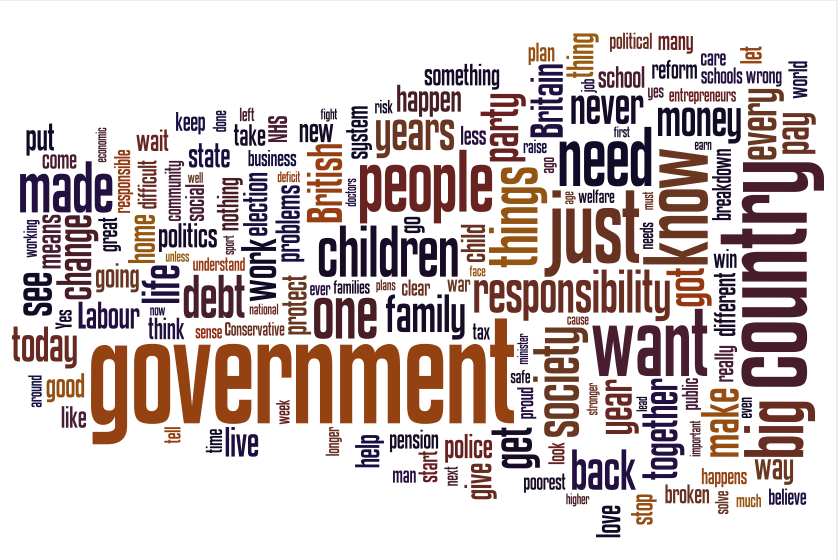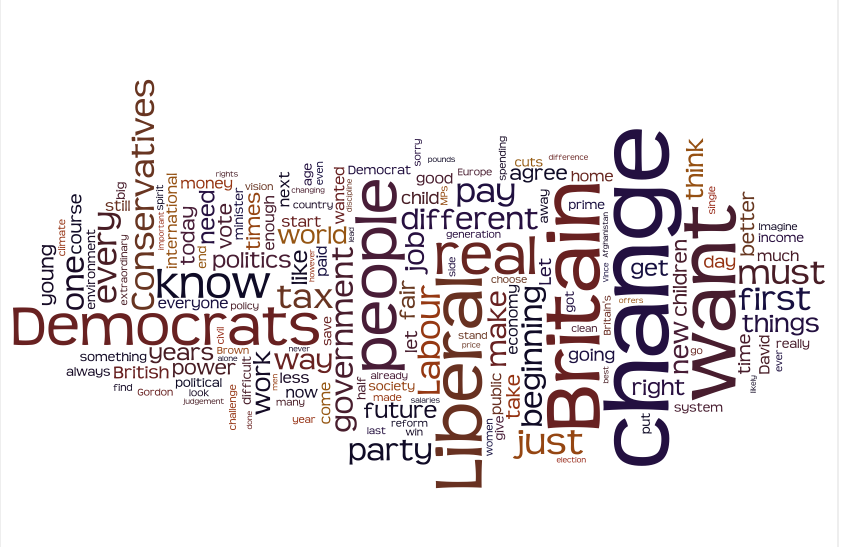Who are the Experts?
Whilst working for Pontydysgu I have done many jobs that are not expected of someone my age, and level of education. Being 18 and yet to do my degree, to be amongst professors and people in the higher levels of the degree system should have seemed intimidating. But in some ways I found it to be the opposite. My age meant that I had few in the field to compete with, in that I had something different to bring to the table, a younger perspective. This isn’t always relevant and in many practical and age unrelated situations this perspective wasn’t helpful. However when working in areas to do with teaching, internships, or careers guidance, I found myself in an odd position. In the mind set of a student being given an insight to that of a teacher.
This here raises the question, when in this situation does my lack of qualifications cease to be relevant? Is in fact my experience actually a valuable asset to such situations, in that it is probably closer to that of the target group?
I like to think so. However I think the key message here is not to be drawn from my lack of qualifications, but my individual insight. It shows the value of users being involved in development processes and being given a chance to play a larger role in their own fate. In fact I think often the role of expert is not considered widely enough. In teacher, student situations the teacher is considered an expert in the teaching process. However the student is also a direct participant in this process and therefore I believe can also be given the title ‘expert’. When reaching this point in my thinking, having progressed a long way from my own lack of qualifications, I found myself reassessing the teacher to learner dynamic or even user to provider.
Throughout my experience of school, the teacher held the power and the key to learning. However is this right? Should learning be more of a two way process and contain a more balanced dialogue? In the narrower context of school I have difficulty seeing how this teacher learner balance can be created. However when looking towards the concept of Personal Learning Environments this sort of relationship is implied, in the act of students leading the learning and a teacher, or to quote Vygotsky, More Knowledgable Other (allowing the teacher to be a peer or resource), providing the support.
To get back to the wider concept of users, I think it is important to consider the role of the user in decision making processes, such as in the European Projects in which I have been participating as a member of Pontydysgu. The user, in my point of view, has an ‘expert’ opinion to provide. Equal to that of people that have worked in the field for years. This give and take between users and the group, that for the sake of ease I will call, providers, is so important because they both have separate strengths to offer. That of the user being particularly essential when the field of work is one that is fast changing and therefore fresh perspectives are constantly necessary eg. technology.
In this type of working environment hierarchical thinking falls down, as hierarchies based on amount of experience become confused, experience itself becoming relevant in quality rather than quantity. Therefore it is necessary for both providers and users to be treated as having equal, but different levels of knowledge in whatever field the focus happens to be on.
From talking to Cheryl Turner from NIACE I understand that this is a consideration within the adult education circles. However from my experience, within the institutional settings of schools I think there is some way to go before this is recognised and the word expert isn’t considered on a hierarchical basis and amount of experience isn’t the main factor defining level of experience.



